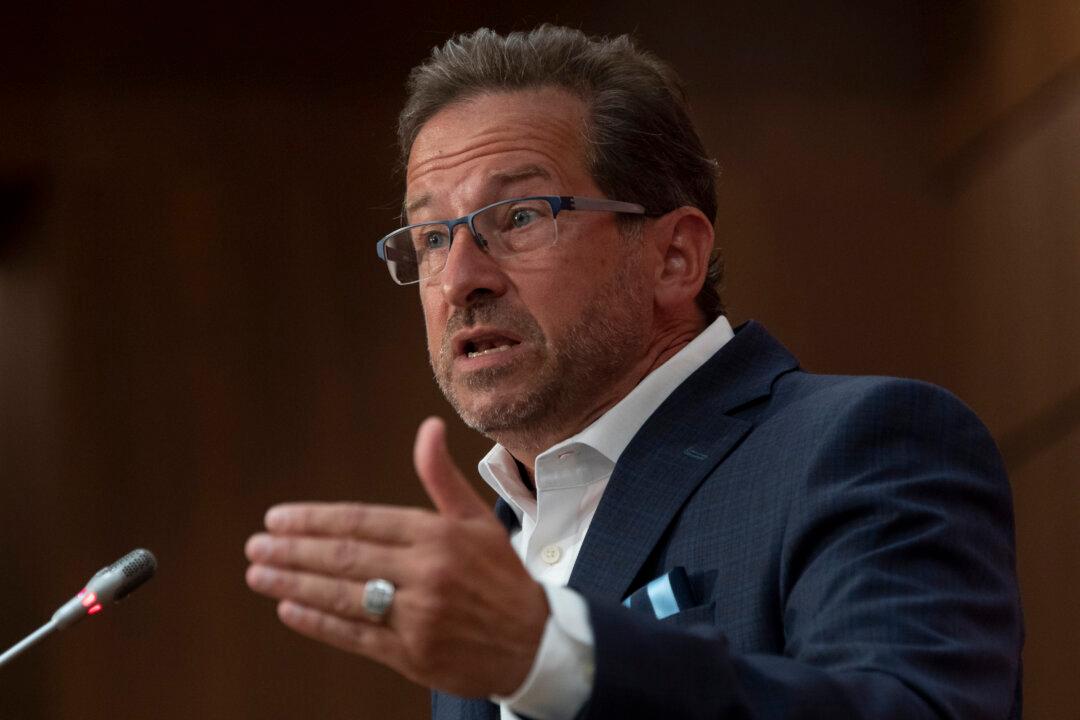Bloc Quebecois Leader Yves-François Blanchet says the Liberal government’s refusal to hold a public inquiry into foreign election interference will “destroy democracy.”
“Canada is dragging Quebec into a crisis that is going to destroy democracy by covering [foreign interference] in secrecy,” he said in the House of Commons during question period on May 31.





